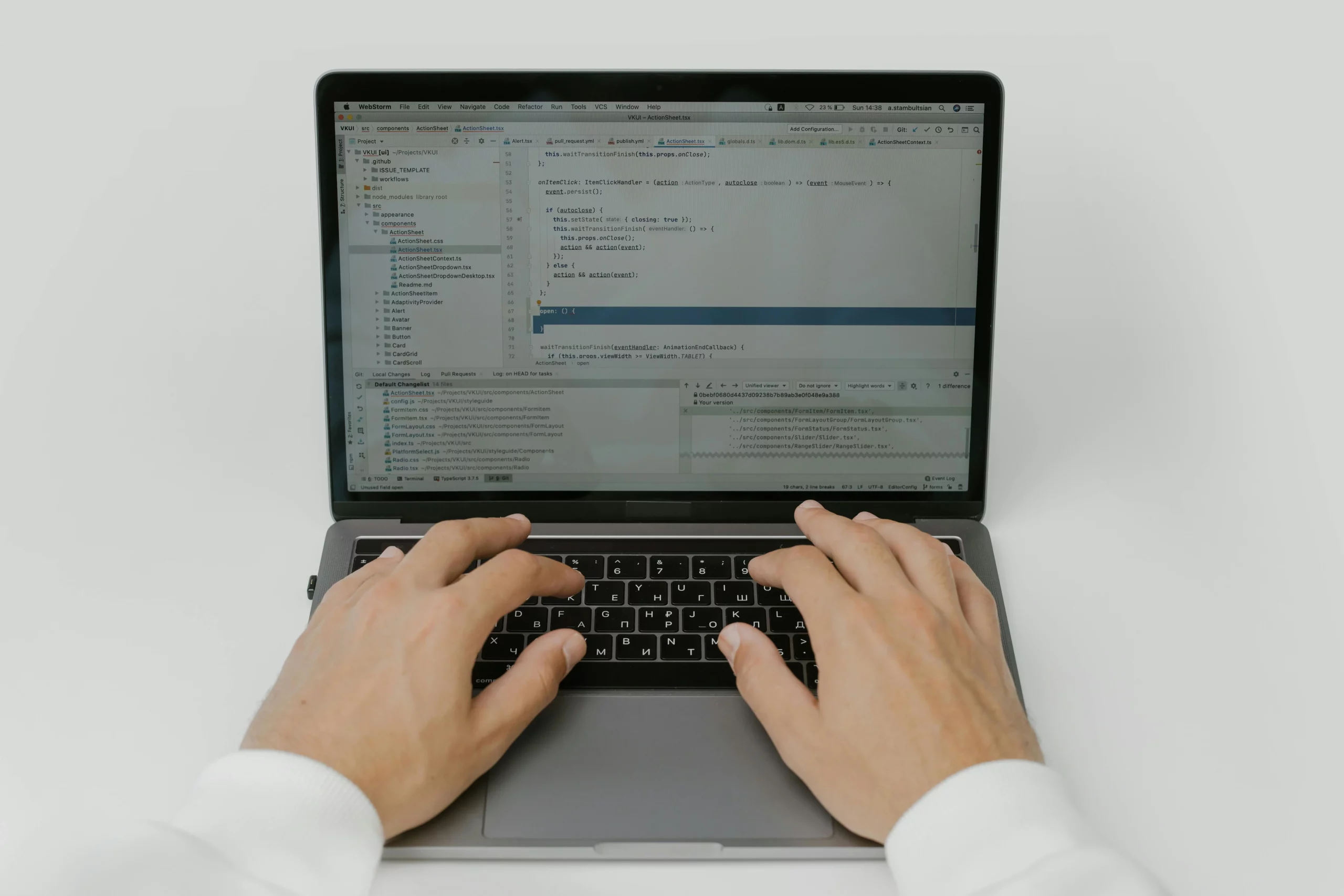
Make talent quality your leading analytic with skills-based hiring solution.

The role of a Data Scientist revolves around a combination of quantitative analysis, programming, and narrative. With the fundamental skill of writing data to testing hypotheses to reduce losses, a data scientist literally converts a mass of unstructured data into a revenue gold mine.
Before hiring, you can use these sample questions to assess a candidate’s fit for the data scientist role. Feel free to use them or modify them as per the hiring need.
Type – Multiple Choice Questions
Time – 10 mins
Language – English
Level – Entry
Difficulty – Easy
Data science candidates with an interest in data analysis and visualization, and statistical modeling of large data sets can take the test.
Skill tests from Glider AI to check your competency against various roles and get noticed by top recruiters.
Glider’s recruitment platform is built on the mission, of “competency over credentials”. This way, you can make the most of the hiring assessments through a structured and data-driven candidate-evaluation process.
Access 2,000 pre-built assessments covering over 500 skills with 250,000 questions, all validated by 2,000 SMEs including this for the Data Scientist role.
Go ahead and spotlight your Data Scientist with Glider AI today!
You can always write to us at info@glider.ai to help you access the hiring resources.

Introduction Technical roles are some of the hardest to fill. The process is a landmine of recruitment challenges. HR teams often find themselves under-resourced and struggling to find suitable talent, while engineers waste too much time interviewing candidates who don’t meet the necessary qualifications. Meanwhile, high-quality candidates get frustrated by slow and inefficient hiring processes and […]

What is QA and Testing? Quality Assurance (QA) and testing are integral processes in software development aimed at ensuring the reliability, functionality, and usability of applications. QA involves establishing standards and procedures to monitor and improve the software development lifecycle, focusing on preventing defects and identifying areas for optimization. It encompasses various activities such as […]

Whether hiring for an entry-level web developer position or a web architect, asking the right JavaScript coding questions lets you assess the candidate’s depth of knowledge in core JavaScript concepts, problem-solving skills, and understanding of modern JavaScript practices. More than identifying which people in your pool of applicants can answer technical questions, these JavaScript interview questions also reveal who […]